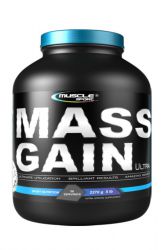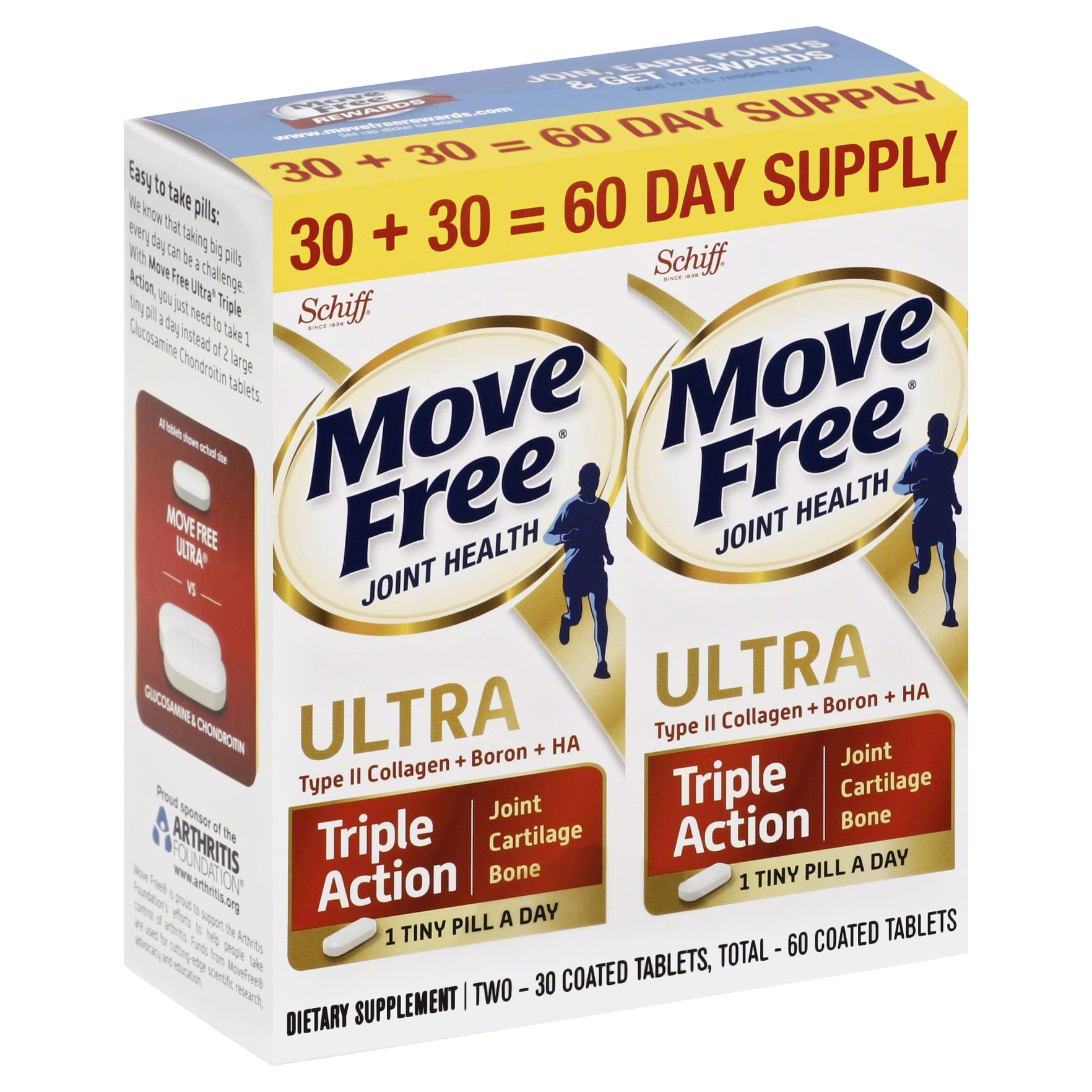

Timing: Take creatine whenever you want, but preferably when you wake up or after your training. You will experience absolutely no progress while taking it, in which case you will know, creatine is not for you. These are called non-responders and you will know it if that’s you within 2 weeks of creatine use. There are certain people who are not responsive to creatine at all. You should be able to get a year’s supply for 40$. There are many forms of creatine but go for the one that is actually tested and definitely works: Creatine Monohydrate. There is absolutely no reason not to be taking creatine. The stronger you remain during cutting, the more muscle you maintain during your cut. Supplementing with creatine, will most likely make you 5-20% stronger in the gym which does translate to more muscle gains. " I always aim for at least 150 grams of protein per day and if I can't hit my protein goals with whole foods alone, I supplement a few scoops of Six Star Whey Protein after my training or before I go to bed" - Rob GronkowskiĬreatine is probably the most studied supplement and everybody agrees that it definitely works. Do not buy into the myth “your body can only process 25 grams of protein every 2-3 hours”. Quantity: You can take as much as you want, even in one sitting. Timing: You can take whey protein whenever you want as long as you meet your protein requirements for the day. It’s not magic and it’s definitely not required to make strength or muscle gains.

It might be hard to meet these requirements by just having normal food so whey protein is just a matter of convenience. If you already have structured your nutrition plan, you should know by now how many grams of protein you need to be taking per day. It will help you meet your everyday protein goals. Whey protein is not necessarily a supplement, you should think of it more as “food”. Let’s take a look at the most effective supplements out there: Whey Protein Having said that, there are some general guidelines that stay true for everyone. Not all supplements are going to work the same for everybody. Which Supplements Should You Go For?ĭeciding which supplements are good for you is very tricky and it really depends on your budget and your genetics. What has “natural” come to mean nowadays is “legal” and “not too effective” in terms of results. So as you can understand, the term “natural” is extremely loose. It is produced in a lab utilizing a certain chemical process. This is all fine and dandy but the creatine you take as a supplement does not come from fish or meat. The standard argument is that the human body already produces creatine in the first place and it can also be found in small quantities in fish and red meat so its “natural” to supplement more creatine in your diet. Are they actually “natural”? This is a huge topic and we are just going to scrape the surface of it here. Supplements can not only help you with your results in the gym but also aid your overall health if used wisely. That means absolutely no adverse effects. Are Supplements Safe To Take? Are They “Natural”? These supplements might help you get an extra 5-15% in terms of results, depending on how your body responds to them. Making gains as a natural lifter is an extremely slow process and we are discussing only natural supplements in this article. If your nutrition and programming are already spot on and you are already maximizing your results, supplementing a few key products can really help you get an extra EDGE.
Move free ultra muscle gain how to#
It’s like not knowing how to run and yet buying expensive running shoes. If you do not have one, don’t bother with supplements, they simply will not work for you. Of course that requires an existing nutrition plan. The role of supplements is exactly what the word suggests: to SUPPLEMENT your nutrition plan. No matter what your goal is (muscle gain, fat loss, strength gain), you will make excellent progress if you stick to a well-balanced nutrition plan and a well-structured and thought-out exercise program. One of the most common questions in every natural lifter’s mind is simply this: Do I actually need to be taking supplements to make progress in the gym? How much progress am I missing on if I rely 100% on my diet and exercise? And if I should be taking supplements, which ones should I go for? Are Diet & Exercise Enough?


 0 kommentar(er)
0 kommentar(er)
